In the extraction of oil and natural gas, casing pipes, oil pipes, drill pipes, drill collars, and other tubular components are indispensable. The quality of the casing pipes directly impacts the safety and efficiency of the entire drilling operation, making their corrosion prevention crucial. This article will provide a detailed overview of the methods used to prevent corrosion of oilfield casing pipes, with a particular focus on the application of liquid anti-corrosion coatings for the external surfaces.
Importance and Necessity of Corrosion Prevention for Casing Pipes
Oilfield casing pipes play a critical role in the development of oil and gas fields. Over time, due to geological conditions, gases such as carbon dioxide and hydrogen sulfide can cause significant corrosion to casing pipes. To enhance the corrosion resistance and extend the service life of these pipes, it is essential to apply anti-corrosion treatments to both their interior and exterior surfaces before use.
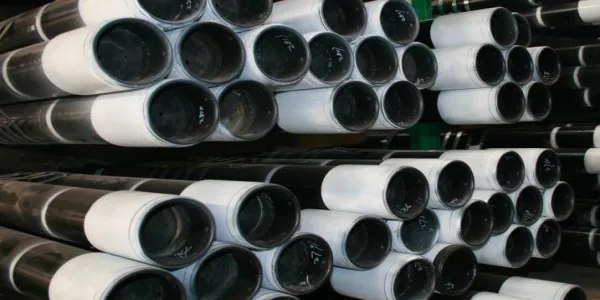
Development of Corrosion Protection Technology in Oilfields
Casing pipe damage can easily compromise the integrity of well networks, leading to an imbalance between injection and production and affecting overall development effectiveness. To ensure the normal production of oil and water wells, Changqing Oilfield established a dedicated research and development team to tackle the issue of casing pipe corrosion. After persistent efforts, the researchers developed an external corrosion protection technology using epoxy cold wrapping tape and sacrificial anodes, which has been widely applied. Additionally, they upgraded the application of epoxy coating sacrificial anode technology, thoroughly solving the problem of external casing pipe corrosion and making it one of the main external corrosion protection technologies in oilfields.
Application of New Corrosion Protection Technology
To meet the technical requirements for internal and external corrosion protection in new well construction, the research team developed a double-layer "armor"—“external corrosion protection with epoxy coating sacrificial anode + modified epoxy phenolic internal coating” technology, and adopted cluster well casing pipe cathodic protection technology for reinforcement. Over the past five years, these technologies have been widely promoted in new well construction, applied in over 80,000 wells, effectively controlling casing pipe corrosion in key main blocks.
Addressing Internal Corrosion Issues in Casing Pipes
With the extended duration of oilfield development and the increase in water content, the corrosion issues in oilfields have gradually shifted to internal corrosion in oil wells. Researchers conducted comprehensive tests on the produced fluids, associated gases, corrosion products, and engineering logging of 1,500 oil and water wells across the entire oilfield. This allowed them to classify and zone internal corrosion in Changqing Oilfield, and to develop corresponding anti-corrosion measures for both new and old wells. For old wells, they adopted corrosion protection technologies such as "temperature-resistant anode short joints and solid capsule corrosion inhibitors." These measures have extended the service life of the casing pipes by 3 to 5 years.
Advanced Corrosion Protection Materials and Technologies
In recent years, researchers have achieved significant breakthroughs in temperature-resistant anode tools for internal corrosion protection of casing pipes. They developed temperature-resistant sacrificial anodes with an 80% improvement in current efficiency and a 50% reduction in average corrosion rate. These technologies have significantly reduced the corrosion rate of casing pipes, decreasing the casing damage rate from 3.8% to 1.26%, gradually forming a comprehensive technical system for the prevention and control of casing damage in wells.
External Liquid Anti-Corrosion Coating Application Technology
In various oilfield tubing factories, the external anti-corrosion treatment of casing pipes mainly employs methods such as dip coating, brush coating, high-pressure airless spraying, and high-pressure mixed gas spraying. Dip coating involves placing batches of casing pipes into a dip tank for a certain period, then removing them for natural curing or placing them in a curing furnace for heat curing. Brush coating involves placing the casing pipes in a single layer on pipe racks and manually applying the coating to the external surface with a brush.
High-Pressure Airless Spraying and High-Pressure Mixed Gas Spraying Technology
High-pressure airless spraying and high-pressure mixed gas spraying technologies involve pressurizing the coating material to over 10 MPa using high-pressure airless spraying machines. The pressurized coating material is then delivered through high-pressure pipelines to the spray gun, where it is expelled through the nozzle in the form of atomized mist, creating a fan-shaped pattern of extremely fine paint particles that evenly coat the surface of the casing pipes. These technologies are suitable for large flat surfaces and pipes with larger diameters, offering advantages such as no coating runoff, uniform coating thickness, strong adhesion, minimal paint loss, high construction efficiency, and low labor intensity. However, they require high technical expertise.
Epoxy Cold Wrapping Tape with Zinc Anode Process
As the exploration areas expand, the corrosion protection requirements in oilfields change. For instance, in Xifeng Oilfield, protection of underground drinking water sources beneath thick dry loess layers is crucial. Cathodic protection technology typically requires deep well drilling for anode wells, and these wells also need casing pipes, which are costly and challenging to implement. Moreover, in areas with poor electrical conductivity like deserts or harsh environments that are difficult to manage, cluster well casing cathodic protection processes are not suitable. Addressing these issues, researchers have developed the epoxy cold wrapping tape with zinc anode process. This technology involves installing corrosion-resistant casing pipes during well completion, requiring no maintenance, operational equipment, or electricity consumption. It has been patented nationally and has become one of the primary casing pipe corrosion protection technologies in Changqing Oilfield.
Classification of Corrosion Protection Materials
Several types of materials are commonly used for corrosion protection of casing pipes:
Anti-corrosion Paints: Common anti-corrosion paints include epoxy resin paint, acrylic vinyl ester paint, and chlorinated rubber paint. These paints offer excellent corrosion resistance and aging resistance, are easy to apply, and are suitable for coating the outer surfaces of casing pipes.
Corrosion Protection Tapes: Corrosion protection tapes are primarily made of polyethylene and provide good corrosion resistance, waterproofing, and insulation properties. They are used for surface wrapping of casing pipes.
Heat Shrink Sleeves: Heat shrink sleeves are tubular materials that shrink using heat shrink principles at high temperatures. They offer corrosion resistance, high temperature resistance, and electrical resistance, suitable for surface coating of casing pipes.
Establishment of Comprehensive Corrosion Protection Technology System
Through years of continuous research and technological innovation, Changqing Oilfield has developed a comprehensive technology system for preventing and controlling casing damage in wells, covering both "internal and external, new and old wells" aspects with 10 key technologies. This system includes main technologies such as epoxy coating with cold wrapping tape sacrificial anodes and epoxy phenolic powder internal coatings, achieving significant application results. These series of corrosion protection technologies have been granted over 30 patents for invention and established 5 oilfield enterprise standards, providing comprehensive guidance for casing corrosion prevention in oilfield wells. Currently, the casing damage rate in Changqing Oilfield has decreased from 3.8% to 1.26%, gradually forming a comprehensive technology system for preventing and controlling casing damage in wells.
Conclusion
Corrosion protection treatment of petroleum casing pipes is crucial for ensuring the normal operation of oil wells. By adopting advanced corrosion protection technologies and materials, the corrosion resistance and service life of casing pipes can be effectively improved. The innovation and application of corrosion protection technologies in Changqing Oilfield have provided valuable experience and references for other oilfields, promoting the sustainable development of oilfield operations.








 English
English Español
Español بالعربية
بالعربية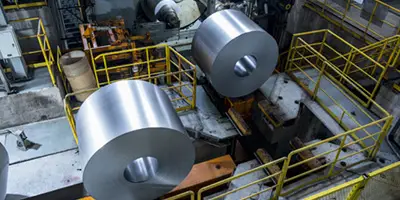
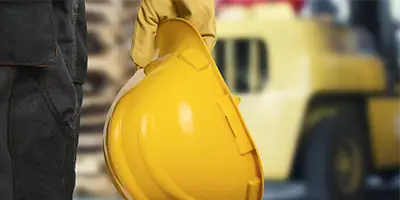
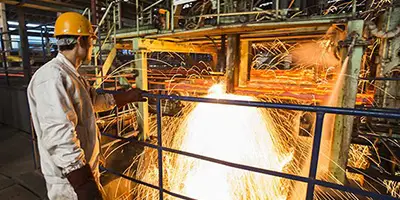
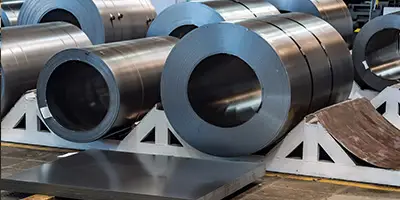

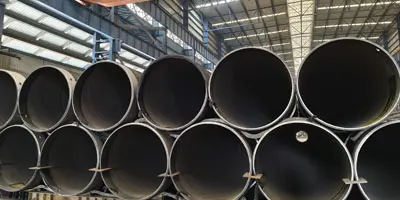
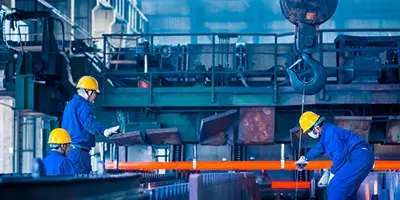
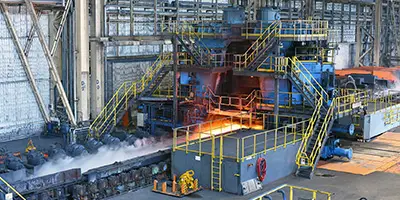
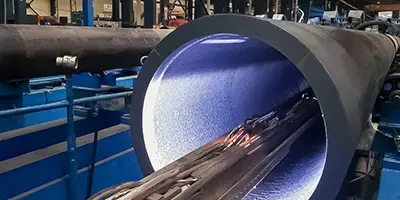
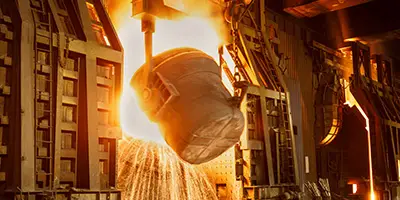
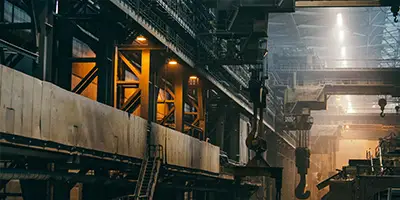

 Phone :
Phone :  Whatsapp :
Whatsapp :  Email :
Email : 


